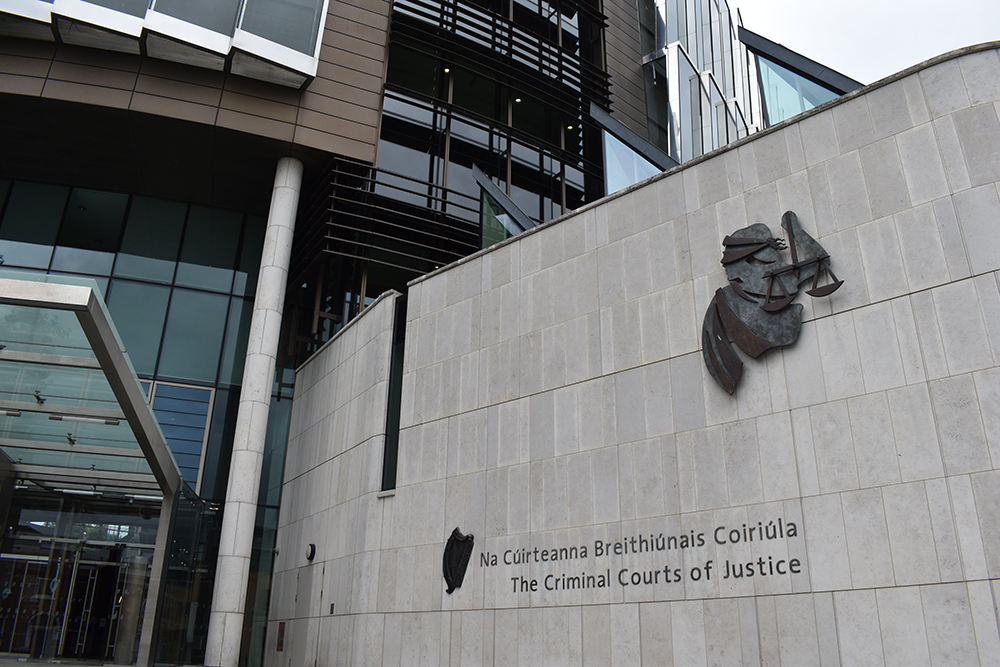New penalties for flouting criminal legal aid eligibility rules

Defendants who lie about their financial circumstances to obtain legal aid could face up to six months’ imprisonment under sweeping reforms to the administration of the criminal legal aid scheme.
The Criminal Justice (Legal Aid) Bill 2023 will transfer administrative responsibility for the scheme from the Department of Justice to the Legal Aid Board, while strengthening oversight and governance structures.
It will introduce a “simple and transparent” online application system for criminal legal aid, which will be required to be supported by a statement of financial circumstances.
The courts will continue to grant legal aid but will be able to impose a condition that the granting of legal aid is subject to a further assessment of income by the Legal Aid Board, where deemed necessary.
The Board will be able to make a recommendation that the applicant is of sufficient means to pay some of their legal costs themselves, rather entirely have it paid for by the State. Where appropriate, it can be recommended that some applicants make a contribution to the costs of providing legal aid.
It will also be open to the court to refer a person to the Board for an assessment of income if they fail or refuse to provide information on their financial means.
Anyone who knowingly or recklessly makes false or misleading statements in relation to their financial circumstances, or another person’s financial circumstances, will be guilty of an offence that could lead to a €4,000 fine or six months’ imprisonment.
It will also be open to the court to amend the terms on which legal aid is granted, for example on objection by the prosecution, or where the person in receipt of legal aid has not co-operated with the court or with the Legal Aid Board.
Justice minister Helen McEntee said: “Access to legal representation is fundamental to ensuring fair access to justice and it is important that our legal aid architecture is appropriate and efficient, but it is also important that proper assessments are carried out when deciding if a person can qualify for criminal legal aid.
“That’s why this new legislation will allow the courts, where the courts might consider it warranted, to refer an applicant to the Legal Aid Board for an assessment of their financial circumstances to be carried out under regulations to be drawn up under the terms of the bill.
“The Board will then be able to recommend that a person can afford to contribute to their legal costs rather than have the entire bill borne by the taxpayer, and a court will make the final decision in the matter.”
She added: “This new legislation will also transfer the administration of the criminal legal aid scheme from my Department to the Legal Aid Board, extending the Legal Aid Board’s current remit.
“We have consulted widely on this proposal, including of course with the Board itself, and I am confident that the Board is appropriately positioned to manage and administer the system to a high level of efficiency and effectiveness.”
James Browne, minister of state, said: “The criminal legal aid budget will transfer to the Board and the Chief Executive Officer of the Board will be accountable to the Public Accounts Committee for the accounts and expenditure, in the same manner as he or she accounts to the Oireachtas currently for expenditure by the Board.
“To strengthen oversight of the scheme, the new legislation will provide for a new oversight committee involving stakeholders to provide necessary oversight and ensure effective cross-agency collaboration.
“The scheme will now be referred to the justice Oireachtas committee for pre-legislative scrutiny and drafting of the bill along the lines of the general scheme will begin.”









